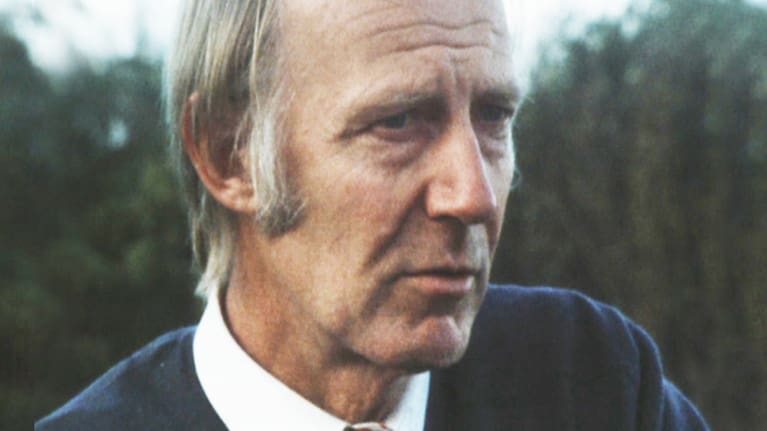Yesterday, Lake Alice survivors finally got an in-person apology from the peak professional body for psychiatrists.
Content warning: This story includes accounts of abuse
It happened behind closed doors in a historic homestead in Palmerston North, a 30-minute drive from where the horrors of the 1970s took place.
Media were not allowed to record the event but were in the room to bear witness.
Under the four chandeliers of the old room, survivors let rip — challenging the Royal Australian and New Zealand College of Psychiatrists president, Dr Elizabeth Moore.
It was explosive, raw and emotional.
"You haven’t walked in my shoes," a survivor said from the back of the room.
Another recounted her escape through paddocks in a nightgown.
"Have you any idea what it’s like to run in fear?" she asked.
"Yes, I do," Moore said.
"No, you don’t," the woman shot back.
From 1972 to 1980, hundreds of young people were sent to Lake Alice Hospital, where they suffered paralysing injections and electric shocks as punishment at the hands of head psychiatrist Dr Selwyn Leeks.

In its apology, the college described his actions as "torturous".
But, after decades of denial from the professional body, there was a heavy dose of scepticism as to how genuine the apology was.
"This is just bulls***," one woman said. She walked out of the room in protest at Moore, saying complaints were not lost or ignored.
Moore read the apology from notes, which survivors were not impressed with, but it was a better effort than in 2022 when the College posted an apology on its website without consultation.
Moore and others flew in from Australia for the event. However, some survivors felt it was a public relations exercise.
"[You’ve] spent thousands of dollars coming over here on your plane for lip service," one said.

Rosemary Thomson spent eight days at Lake Alice as a 13-year-old and still remembers the intense fear. She stood up to deliver a strong statement.
"We would like an acknowledgement that Leeks was a psychopath… A psychopath was on the loose for 35 years."

Survivors' questions around the protection of Leeks were particularly forensic.
Leeks moved to Australia in 1978 with a letter of good standing from the Medical Council and went to his grave there, never facing the law.
Survivor Bruce Harkness wanted to know who the psychiatrists were who supported Leeks and demanded their names.
Moore provided one – John Werry. She said he had now changed his mind about Leeks. The survivors wanted to know why he wasn’t in the room.
Their questions had the college and officialdom on its toes.

With so many people still badly hurting, there was little patience in the room for politicking or discussion of future "education training modules".
"Sorry, I’m not interested in that," said one survivor, and the room agreed with her.
The Mayor of Rangitikei, Andy Watson, was heckled as he stood up, trying to acknowledge the moment.
"You never done a thing, so don’t talk kaka……You can acknowledge the moon for all we care."
One of the most shocking insights from the exchange was the way survivors said they were dismissed by psychiatrists. One person said the attitude they were met with was: "I now know not to believe what you say." Dr Moore agreed that this had to stop.
The two-hour session drew to a close with the words of an independent mediator.
He said the anger and scepticism was clear, and the college was not defending itself.
“A real message” had been sent.



















SHARE ME